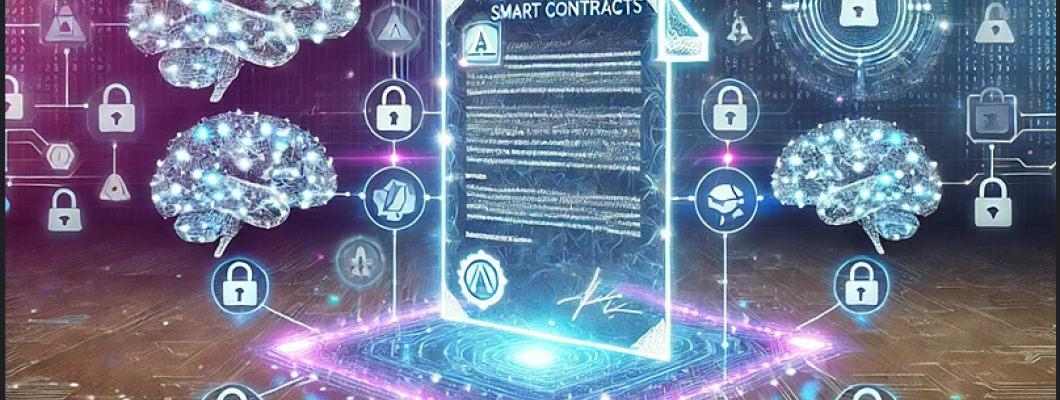
Introduction
Smart contracts have revolutionized blockchain by enabling self-executing agreements without intermediaries. However, their traditional logic is limited to simple “if-this-then-that” conditions, which restrict flexibility and adaptability in complex scenarios. AI-powered smart contracts are emerging as the next evolution, combining blockchain with artificial intelligence to enable smarter, more autonomous decision-making. These advanced contracts can analyze data, learn from patterns, and respond dynamically to changing conditions—paving the way for more intelligent, efficient, and decentralized applications across industries like finance, supply chain, and healthcare. As blockchain and AI converge, the potential for truly autonomous systems is becoming a reality.
What Are AI-Powered Smart Contracts?
AI-powered smart contracts merge artificial intelligence with blockchain technology to create more intelligent and responsive agreements. Unlike traditional contracts that follow static, predefined rules, AI-enhanced contracts can analyze real-time data, recognize patterns, and adapt their execution based on context. This dynamic capability enables smarter decision-making, reduces human intervention, and allows contracts to handle complex, changing environments more effectively. From finance and insurance to supply chain and healthcare, AI-powered smart contracts are paving the way for a new era of automation—where agreements are not just self-executing, but also self-improving and context-aware.
Key Features
Intelligent Automation: AI enables smart contracts to autonomously make decisions based on real-time data.
Self-Learning Capability: Machine learning models allow contracts to evolve for improved performance.
Enhanced Risk Management: AI helps assess risks, detect anomalies, and prevent fraud.
Data Integration: These contracts can pull external data using oracles and analyze it without manual input.
Use Cases
Decentralized Finance (DeFi): AI can manage complex financial derivatives and optimize yield strategies.
Supply Chain: Contracts can track shipments, and weather data, and react to disruptions in real-time.
Healthcare: Automate insurance claims and patient data sharing with compliance built in.
Gaming & NFTs: Adjust rewards dynamically based on user behavior and game balance.
Challenges to Consider
Security Risks: More complexity can mean more vulnerabilities.
Transparency vs. Black Box AI: AI decisions need to be auditable on-chain.
Computational Costs: AI increases on-chain gas consumption unless processed off-chain.
Conclusion
AI-powered smart contracts are a glimpse into the future of Web3, where systems will self-execute, self-optimize, and self-govern. With advancements in AI and blockchain interoperability, we can expect an explosion of innovation across industries.

Leave a Comment